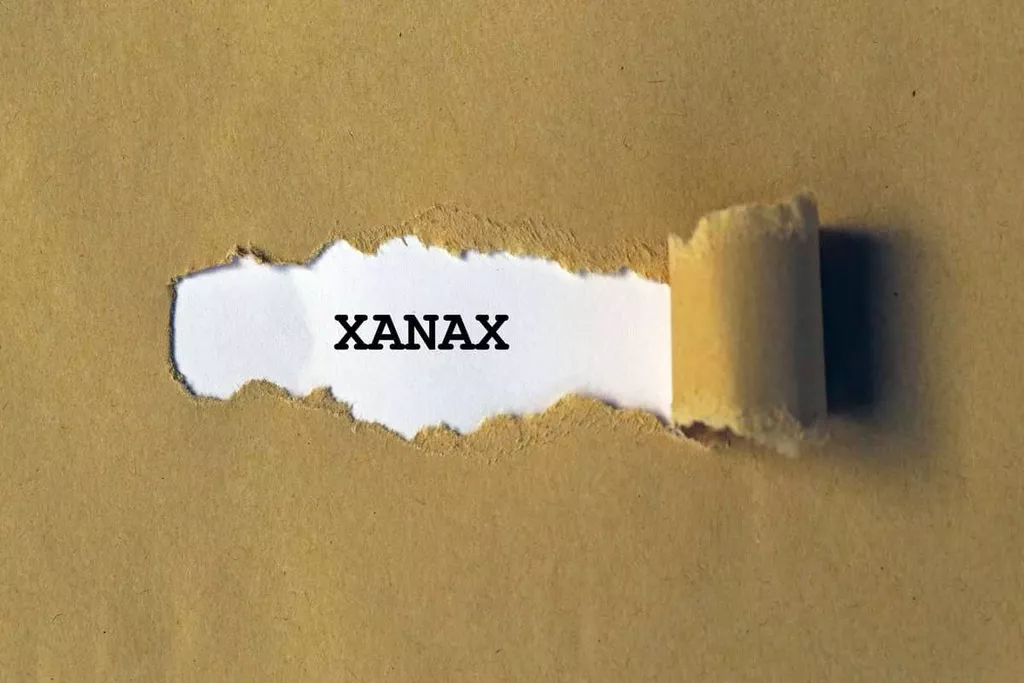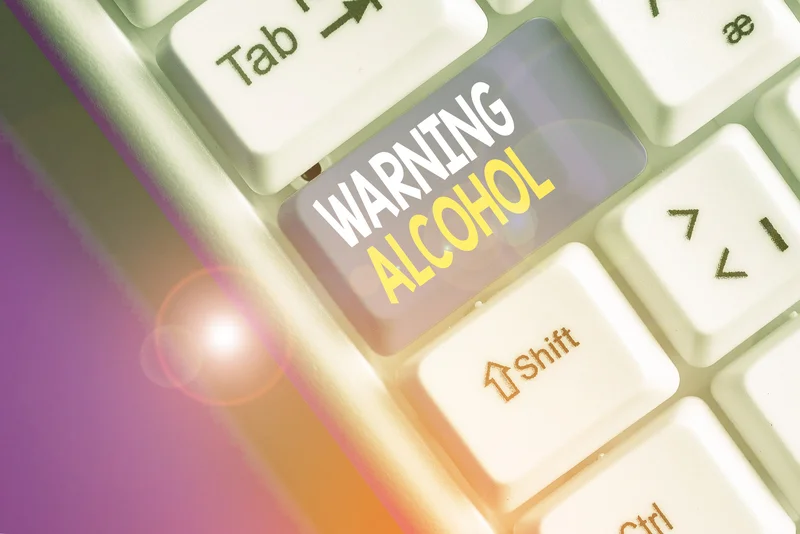Powerless over alcohol? Page 4 SoberRecovery : Alcoholism Drug Addiction Help and Information

It’s not just about writing names—this step calls us to honestly acknowledge those we’ve harmed and become spiritually prepared to make amends. The focus here is not on immediate action but on emotional readiness, ensuring we approach amends from a place of humility and sincerity. This step allows us to face the truth about our past while preparing to mend it. Step 5 is where we take the truths uncovered in Step 4 and share them openly with a sponsor or spiritual advisor. Step 5 offers us the freedom that comes from being fully known and accepted, making room for genuine healing and spiritual growth.
- You don’t need to wait until you reach the very bottom of the barrel before you ask for help.
- It can be hard to conceive that our well-meaning efforts have been part of the problem, but by the time we reach Al-Anon, we are finally ready to try something – anything – new.
- People who are new to AA are not asked to accept or follow these Twelve Steps in their entirety if they feel unwilling or unable to do so.
- If God is the one who has all power than I have no god in my life.
- However, addiction is a complex disease, not a moral failing.
- These steps are not just suggestions—they are a roadmap for profound change, rooted in spiritual principles like making conscious contact with God and taking honest personal inventory.
How To Work The 9th Step Effectively
Developing daily habits like prayer, meditation, or attending an AA meeting helps us https://ecosoberhouse.com/ embrace powerlessness while staying connected to our recovery program. Staying honest about substance abuse is another critical habit, as keeping secrets can lead us back into addictive behavior. Addiction as a physical allergy means our bodies react abnormally to substances like alcohol and other drugs. This reaction isn’t something we can will away or control. For those of us with alcohol use disorder or substance abuse issues, even one drink can ignite the craving that drives us deeper into addiction. The allergy makes it impossible for us to drink like “normal” people, no matter how hard we try.
- It opens the door to personal growth and shows us that asking for help is a strength, not a flaw.
- As someone who has personally experienced the power of the Twelve Steps, I can attest to their effectiveness in helping addicts and alcoholics achieve long-term recovery.
- Once we admit we are powerless over our addiction, we must also admit that the second part of Step One is true.
- Six hours later, the bar is closing as fast as your consciousness.
How long does it take to work the 12 Steps?

The 12-step program is based on the belief that one day at a time we can take control of our lives by making positive changes. examples of powerlessness over alcohol Many peer recovery groups use examples of powerlessness in sobriety to help participants accept themselves for who they are. Acceptance includes taking responsibility for our actions and accepting that we cannot change what has happened in the past.
- This step allows us to face the truth about our past while preparing to mend it.
- Saying this prayer with sincerity and openness marks a turning point, where we actively invite spiritual help in the transformation process.
- Step 12 – Having had a spiritual awakening as the result of these steps, we tried to carry this message to alcoholics and to practice these principles in all our affairs.
- Humility, as described in the Big Book, is not about shame or self-deprecation—it’s about recognizing our need for help beyond our own strength.
- Rather, it was shown to work to reverse alcohol addiction at the root level, which was inside the brain.
- At River Rocks Recovery, we incorporate holistic approaches such as meditation, yoga, nutritional counseling, and trauma-informed care to support emotional and spiritual healing.
Speak With Someone Who Understands
Step One is the true beginning of our path to recovery. The concept of powerlessness in Alcoholics Anonymous (AA) is at the heart of the 1st Step and a transformative realization in twelve-step recovery. Admitting we are powerless over alcohol and other drugs means recognizing that our lives are no longer manageable under the control of addiction. This acknowledgment is the key to breaking free from substance use disorders and beginning a recovery program that offers hope and healing. The 1st Step matters because it sets the tone for the entire twelve-step recovery process. Without admitting powerlessness, the rest of the program cannot be fully embraced.

The Big Book describes this step as a way to avoid the return of selfishness, fear, and dishonesty—habits that can block our recovery if left unchecked. Emotional sobriety means being at peace with ourselves and others, and Step 10 helps us maintain that peace by promptly addressing any mistakes we make throughout the day. Step 10 helps us stay spiritually fit by practicing daily self-reflection and accountability.
- We beat ourselves up inside with guilt and shame because our best efforts just weren’t good enough, and we didn’t understand why.
- Through their stories, we learn that recovery is possible and that the strength of the group can carry us through our weakest moments.
- Our shame, guilt, despair and anger weren’t triggered because somebody told us we were powerless.
- This is the pivotal moment where we stop fighting, stop trying to manage everything on our own, and trust that a power greater than us can guide our recovery.
- The flexibility of this method allows each person to set their own goals—whether that means drinking less, quitting entirely, or simply gaining more control over their drinking habits.
In order to take the First Step and admit our powerlessness over alcoholism, we need first to understand and accept that alcoholism is a disease. Medical authorities agree that alcoholism is a progressive disease that can be arrested, but not cured – it is a lifetime disease. One symptom is an uncontrollable desire to drink; as long as an alcoholic continues to drink, that desire will increase. Some alcoholics try to convince family members that they are social drinkers by drinking only on weekends or by abstaining for a limited time.


In fact, much of the Twelve Steps require an explanation. Having had a spiritual awakening as the result of these steps, we tried to carry this message to alcoholics and to practice these principles in all our affairs. Step 9 is where we take the action we’ve been preparing for in Steps 6 through 8. It’s about facing those we’ve harmed with honesty, humility, and accountability. This step is not about apologizing—it’s about making things right wherever possible. By taking responsibility for our actions, we begin to clear away the wreckage of our past and experience drug addiction treatment the freedom the promises of recovery speak about.